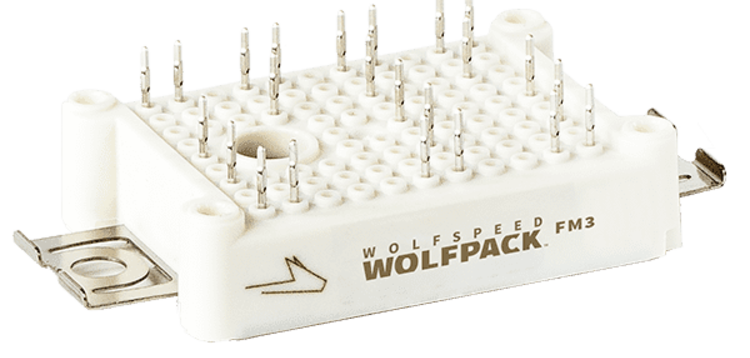Wolfspeed, a specialist in the development of automotive semiconductors, and the Biophysical Economics Institute (BPEI), a non-profit organization dedicated to bringing the natural sciences into economic analysis and decision making, have announced the completion of a pioneering study that is said to demonstrate the superior performance of silicon carbide (SiC) versus traditional silicon semiconductor devices in electric cars.
“We believe the next generation in power semiconductor technology will be driven by silicon carbide,” said John Palmour, chief technology officer at Wolfspeed. “These study results reinforce the superiority of silicon carbide and the direct impact a more energy-efficient technology has on the reduction of carbon emissions, which has a positive impact on the environment. As the world shifts to a more sustainable future, it will need efficient materials to power it.”
According to the study, when SiC is used in the powertrain of an electric vehicle, it delivers a 13:1 energy savings versus the incremental energy invested, when compared with traditional silicon chips. The study, led by BPEI partner Hedgerow Analysis, used BPEI’s proprietary Energy Saved on Energy Invested (ESOI) metric, which allowed for a like for like comparison of energy efficiency across applications and industries, taking into account the long lifespan of many advanced technologies. The analysis quantified the energy saved over an equipment’s lifecycle compared to the incremental energy used in its production – with SiC as an illustrative use case.
“These methods represent a reliable, rigorous metric to quantify environmental, social and governance benefits,” concluded Dr Charlie Hall, BPEI board member and co-chair, advisory board. “ESOI-anchored decision making allows us to maximize the potential of our precious natural resources, paving the way for a more effective energy transition.”
The full study can be found here https://bpeinstitute.org/views.


